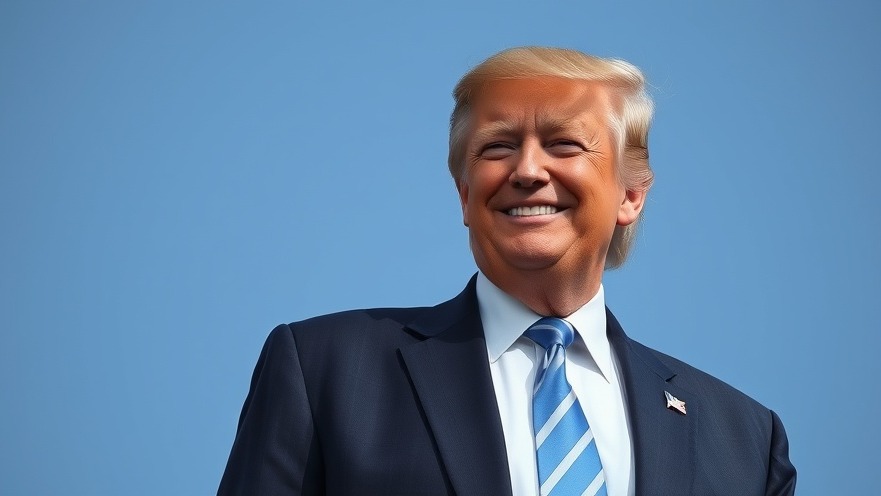
YouTube's High-Stakes Settlement with Donald Trump: What It Means for Tech Regulation
YouTube's recent agreement to pay $24.5 million to settle a lawsuit filed by former President Donald Trump marks a pivotal moment in the ongoing discussion surrounding social media platforms’ powers to govern content. This settlement follows Trump’s claim that YouTube wrongfully suspended his account following the January 6, 2021 Capitol riots, arguing that his First Amendment rights were violated in the process.
The Context Behind the Suspension
The suspension of Trump’s account was part of a broader crackdown by major social media platforms, including Facebook and Twitter, in response to concerns over potential violence stemming from his posts. As the Capitol riots unfolded, platforms like YouTube prioritized user safety, alleging that Trump's communications could incite further unrest. This action led to widespread criticism and claims of censorship, prompting Trump to initiate a lawsuit against YouTube, Facebook, and Twitter in mid-2021.
The Legal Landscape: Settlements and Implications
This settlement isn't the first of its kind; similar agreements were reached with Facebook and Twitter, bringing the total to over $59 million across all three platforms. In January, Meta agreed to a $25 million settlement, and the following month, X settled its related case for approximately $10 million. With each of these settlements, a common theme arises: the potential implications for how tech companies navigate content moderation amid increasing scrutiny from lawmakers and the public.
Concerns from Lawmakers
The nature of these settlements has garnered attention from congressional Democrats, who have raised concerns that such agreements could be perceived as efforts to sidestep accountability. In August, a group of senators—including Elizabeth Warren—addressed letters to Google and YouTube’s leadership expressing their worries about how these financial settlements might inhibit effective oversight and regulatory frameworks.
The Bigger Picture: Content Moderation and Accountability
As the debate over content moderation heats up, this settlement with Trump underscores essential questions about freedom of speech on digital platforms and the legal remedies available for public figures. Critics argue that these decisions may embolden tech companies to prioritize profit over responsible content management. On the flip side, supporters of these actions argue that such measures are necessary to protect users in an increasingly polarized and violent online environment.
Trump's Response: A Self-Proclaimed Victory
In a statement following the settlement, Trump characterized the agreement as a "total vindication," suggesting that the outcome serves as validation of his stance against alleged censorship. A spokesperson for the President stated that the resolution of these lawsuits allows Trump to move forward and put this chapter behind him.
Future Predictions: Social Media and Legal Realities
As we look ahead, this case and its settlement may set significant precedents for future interactions between public figures and social media platforms. There’s a possibility that more leaders and public influencers might seek similar legal remedies should they face similar situations, urging lawmakers to reevaluate existing regulations governing tech censorship. The implications extend beyond political figures to the broader populace, raising questions about user rights and the accountability of tech giants.
The Path Forward: What This Means for Everyone
In an era where social media plays a crucial role in shaping public discourse, understanding the implications of this lawsuit extends beyond Trump; it promises to impact the entire landscape of digital communication. With users becoming increasingly aware of their rights and the power dynamics at play, engaging in this conversation is necessary to ensure fair practices within the evolving digital marketplace.
The complexity surrounding social media policies and First Amendment rights calls for ongoing dialogue and nuanced understanding, making it an essential topic for public discourse now and into the future.
 Add Element
Add Element  Add Row
Add Row 



Write A Comment